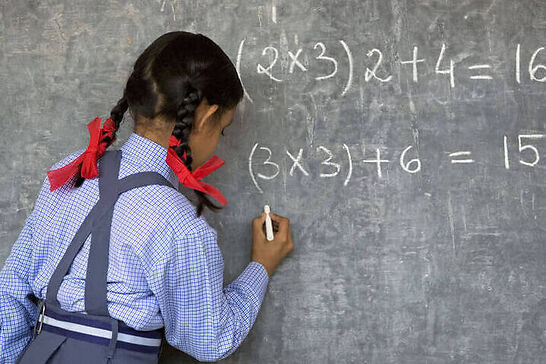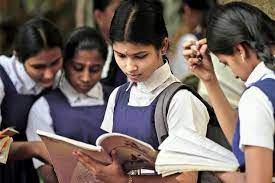We always say life is so difficult. Is the world that is difficult or are we making things difficult? Anytime we choose the easiest. Actually we did it. With the developing technology, devices that will make our work easier are increasing day by day. We cannot deny the effect of computers, smart watches and many of them, which do our work without interruption, on our daily life. Well, if everything has progressed this much, if mankind has everything, why do not wars and murders never end? And worst of all, we all choose to ignore them.
With the developing technology, we can reach everything in minutes. Machines can do things in minu

tes, maybe even seconds, which people cannot do for days. This reduces the need for manpower over time. As the need for manpower decreases, the value of human life also decreases.Thats why people have the courage to kill other people.
While everything is already very difficult the situtaion becomes very difficult when womens right to education is taken away from them . But many countriies are still insisting that girls are not being educated,despite the world’s backflash.When this is the case, the public has a lot of work to do. Unfortunately, that’s all we can do.
In fact many girls in many countries cannot go to school.Girls education strengthens the contry’s economy and ensures equaility among society. It is also known that when girls are given the right education they reach the best points. In many countries today, primary and secondary school enrollment rates are the same for girls and boys. Two-thirds of all countries have reached gender parity in primary enrollment. Globally, however, 62 million girls between the ages of six and 15 are not in school, and girls continue to lag substantially behind boys in secondary completion rates.Sixteen million girls, between the ages six and 11, will never start school compared to eight million boys. In South and West Asia, for example, 80 percent of out of school girls will never start compared to 16 percent of out of school boys. This means that approximately four million girls across the region will remain excluded from education.

